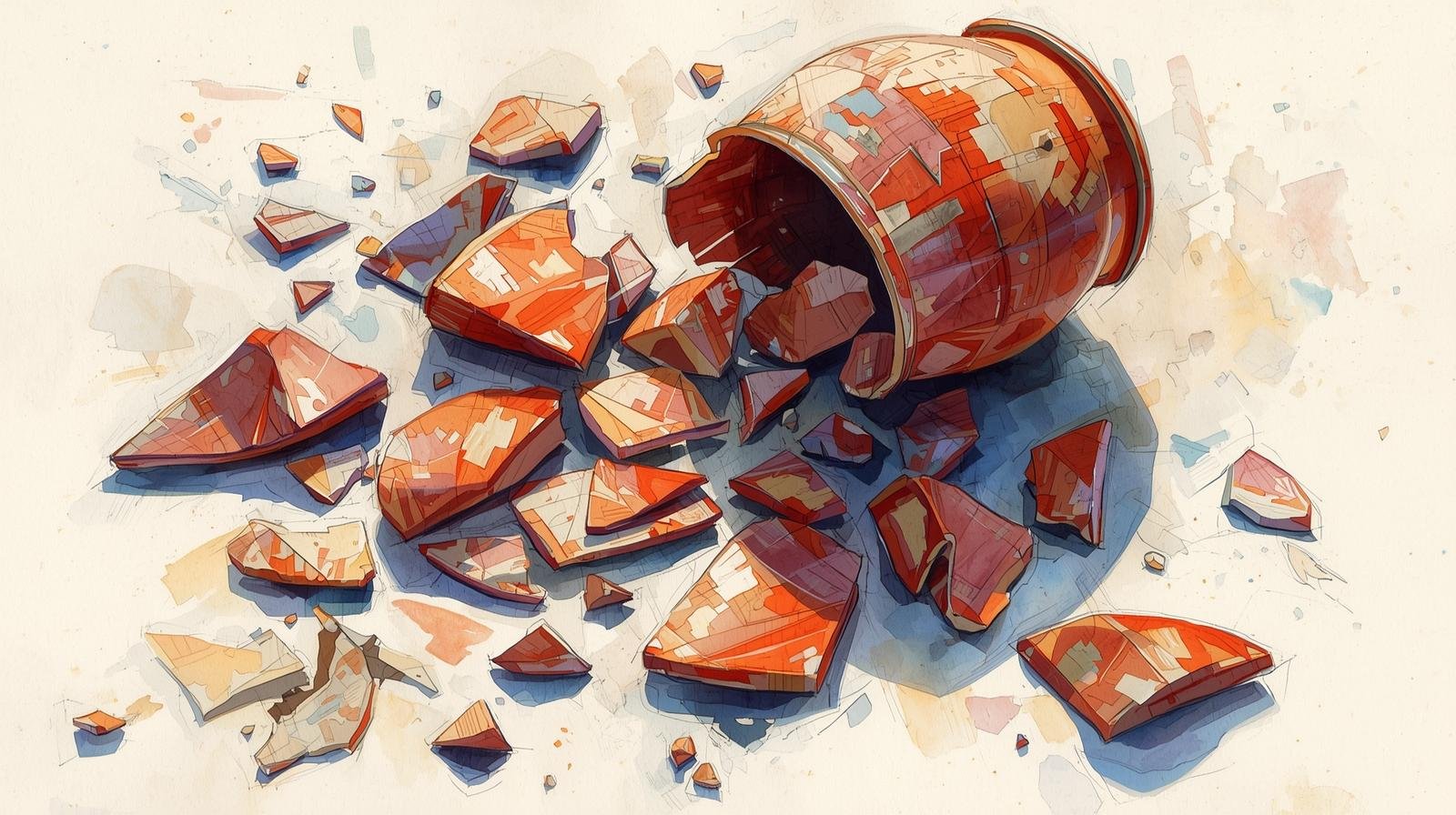
By F. Luis Casasus, General Superior of idente missionaries
Commentary on the XI Sunday in Ordinary Time, June 17, 2018, New York.
(Book of Ezekiel 17:22-24; 2Corinthians 5:6-10; Saint Mark 4:26-34.)
Jesus explains how the Kingdom of God works through two parables. Sometimes, when we hear talking about the Kingdom of Heaven, we think of the universal Church, the propagation of the Faith in the world or the fruits of Jesus’ preaching, exemplary life and Passion. His Kingdom started small, just a few disciples gathered in a room on the first Easter Sunday, filled with fear. However, the impact of this Kingdom will always be out of proportion to its size. But also in our personal life, great things are achieved in humble beginnings. Here is a true story that illustrates this point:
A little seven-year-old boy and his family were about to leave their native country as migrants. The day before their departure the father took the boy to the town where Jean and Sam, a couple of elderly relatives lived, so that he could receive a special blessing from them. As the hour was late, they invited the father and his son to stay overnight in his home. Sam and Jean prepared the couch for the boy to sleep in the study. However, because the boy was captivated by the sight of all of the books on the shelves, he couldn’t sleep. In the middle of the night, he heard Jean enter the room, and so he pretended that he was asleep. She approached the boy and whispered: Such a sweet child. Thinking that the child might be cold, she took off her shawl and placed it lovingly on him. Many years later, when the little boy became an older man of eighty, when asked to recall how it was that he had come to be so kind and compassionate, the man replied that that he remembered that 73 years ago Jean had showed him love and comfort, placing her shawl on him to keep him warm. I am still warm from that shawl, said the eighty-year-old man. When you speak, your words are able to plant the seed of either success or failure in the mind and the will of another. When the author and poet Robert Louis Stevenson was about twelve, one evening he was standing in the dark in his bedroom, looking out the window as a man came along the street lighting the lamps. His nurse, thinking that he was up to some mischief under cover of darkness, came into the room and demanded: Robert, what are you doing there! Robert replied: I am watching a man making holes in the darkness. A humble street lamp, or a distant star…another symbols of the power of our small concrete gestures when we truly do them in the name of the Father and the Son and the Holy Spirit.
But there is also the seed directly planted by the Providence in many ways: our natural
compassion, the example of other people, the hunger for God that many people have, even
if they do not admit it,…This is confirmed as a prophecy in the First Reading: I, too, will
take from the crest of the cedar, from its topmost branches tear off a tender shoot, And
plant it on a high and lofty mountain on the mountain heights of Israel I will plant it.
We also have our personal experience of how having faith in the small mustard seed of
opportunities of every day really makes a difference. For example: Am I going to listen to
this inopportune person? Am I going to kindly greet this harsh person? and then we will
see what God does. One may never know the impact. That appears to explain why Jesus
uses the same metaphor elsewhere: If you have faith as small as a mustard seed, you can
say to this mountain, ‘Move from here to there,’ and it will move. Nothing will be
impossible for you (Mt 17:20). A little bit of courage can have effects that are far-reaching.
One act of forgiveness and mercy can put an end to all bitterness, hatred and resentment of
one or many witnesses of our mercy. A faithful mom and dad, a diligent and patient
religious superior or spiritual director, a worker or a student who patiently believe and
hope, are sowing the seeds of His Kingdom far and wide.
This is something we can observe in social life, in education, in science, art and every
sector of human creativity. Even in developmental psychology; for instance, it is a wellknown
fact that by the time a child is 5 years old the seeds of future violence may already
be planted; by the same token, the seed of values are sowed for lifetime in tender minds of
students at impressionable age as young as 3 years. Values, vices, skills…and the kingdom
of God grow silently, the miracle of growth is taking place within. As Victor Hugo stated,
nothing is more powerful than an idea whose time has come.
We usually we want tangible proof and speedy action; we seek to see the fruits of our
efforts, both great and small. And we expect to receive from heaven and earth approval,
congratulations or, at least, appreciation and comprehension of our generous efforts. This
is why oftentimes we are victims of our Instinct for Happiness. What is this Instinct? An
attraction to success, the willingness to be a “serial winner” and savor the fruits of your
success. But often, growing requires an uncomfortable feeling. This is something much
more real and deep than Freud’s instinct for pleasure, oriented only to satisfy biological
and psychological needs, and which very existence is denied today by many authors. A
poor management of our Instinct for Happiness pushes us to constant and exaggerated
self-assertion, an unrestrained desire to control everything, seeking to be the only
protagonists of our life’s history, with a happy ending…in each chapter.
A religious and scholar went to Calcutta, India to work at “the house for the dying” with
Mother Teresa. This was part of a sincere search for personal direction in his life. On the
first morning there he met Mother Teresa and she asked him what she could do for him.
He asked her to pray for him. What do you want me to pray for? She asked. He responded
by explaining that he had traveled thousands of miles to find direction. He then told her:
Pray that I have clarity. She responded firmly to his request: No, I will not do that. Clarity
is the last thing you are clinging to and must let go of. He replied that she appeared to
always have clarity about what she was doing and he longed for that kind of clarity in his
life. She laughed and said: I have never had clarity; what I have always had is trust. So, I
will pray that you trust God.
A wise answer. We are called to be patient and to sow good seeds and leave the rest to
God. St. Paul tells us today that while we are at home in the body we are away from the
Lord, for we walk by faith, not by sight. We have not created the Sun; neither rainfall nor
the genetic miracle of DNA contained within a seed. Perhaps, if the Big-Bang
cosmological theory is finally found to be true, even the entire universe (or universes)
began with a local event, a very high density “seed”. Of course, today’s parables are not an
invitation to passivity or omission: our humble but indispensable job is to sow, to bear
witness of God’s presence in our lives.
Challenged by our personal weaknesses, opposition from all sides and suffering of the
innocent, we ask ourselves: why is it that God does not care?
We must not lose sight of the fact that Jesus ends the parable of the mustard seed by
explaining which is the true final victory of the mustard plant: To put forth large
branches, so that the birds of the sky can dwell in its shade. This is more than a selfcentered
worldly victory, like recognition, evaporation of all problems, victory over the
enemy or a sense of strength. Rather, we can become a shelter for all, as citizens of the
City of God who are just pilgrims of this world.
Firstly, being a living, credible prophecy of God’s victory, gradually anticipated by the
changes (tender shoots) in our lives. The main sign of this work of the grace is our mercy,
manifested in our love of our enemies and of the neighbors with hardened hearts. This is
what the Sacred Heart of Jesus thought us in the feast we celebrated few days ago.
This is pictured in the First Reading with the majestic Lebanon cedar, because in the Old
Testament the tree represents protection and security and ultimately, God’s presence.
Remember that the Book of Ezekiel announces the glorious future destiny of a truly
comprehensive people of God after all the “abominations” of the leaders and the chosen
people. Sometimes we condemn others, condemn ourselves and lose our enthusiasm,
but…His ways are not our ways.
Secondly, when we truly give up our reputation and when we do not boast about our
efforts, we become the shadowy branches conveying hope and inspiration in the spiritual
path of others. Our humility will demonstrate that God is in charge and we trust in His
plans.
In fact, these are the two key traits of Jesus’ personality, according to His own description:
A man with a meek and humble heart.
_________________________________________
Have a holy and fruitful Sunday. I embrace you in the sacred hearts of Jesus, Mary and
Joseph. Your brother,
Luis Casasús
General Superior












